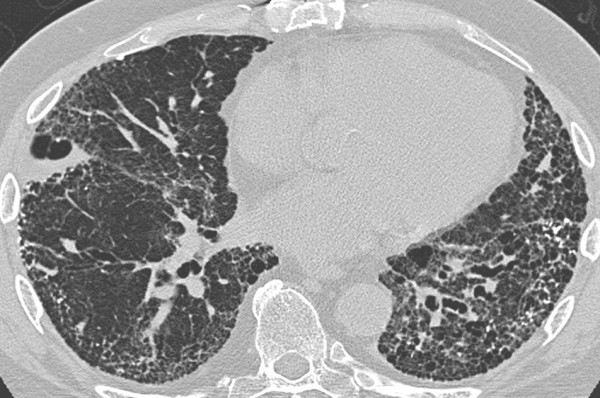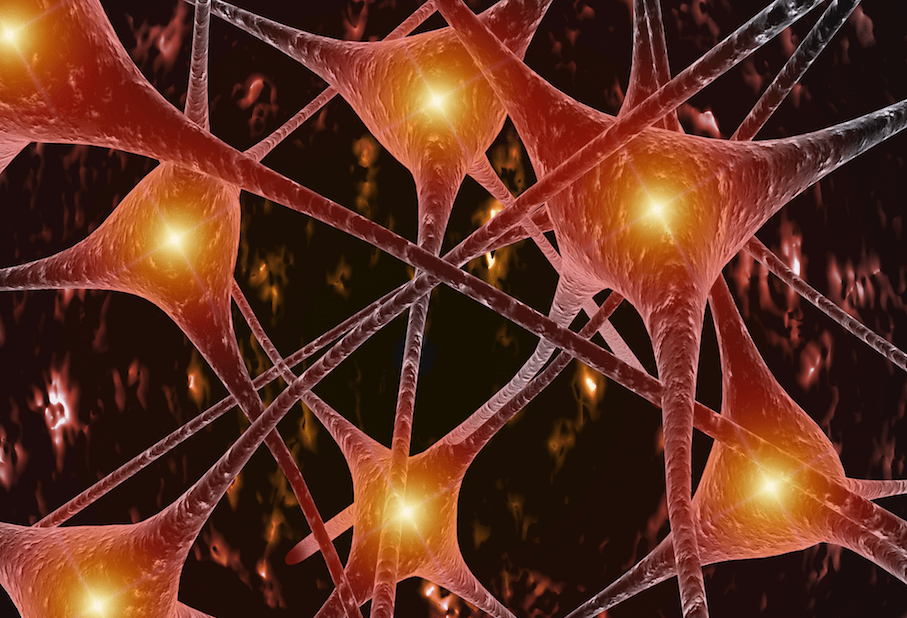Quite possibly. Computers are advancing so fast and what they’re being used for no in the medical field has changed dramatically over the past decade. Artificial intelligence and deep learning techniques are being used to change the way in which various processes are carried out. With thanks to neural networks, computers are beginning to learn o their own how to best solve a problem and come up with a solution far more efficient or accurate than a human could ever deliver.
Just last year Cancer Moonshot began. The purpose of this program is to progress cancer prevention, diagnosis, and treatment, largely through the use of AI and other algorithms. Part of the Moonshot program is the Data Science Bowl. This is a heavily funded competition that looks to develop AI within medical communities and offers a whopping $1 million prize. The winners of the competition used a neural network that used deep learning and sets of annotated images on which to build its knowledge. These annotated images are extremely useful because it’s not always clear why an AI makes its choice. Annotations are a way of leaving a trail behind for scientists to follow.
AI has been making its way into various medical applications lately. Watson has teamed up with institutions such as Sloan-Kettering and Weill Cornell and as a result, deep learning has been used to develop cancer detecting algorithms that have the same accuracy as human dermatologists. The same algorithm cam also detects the cause of blindness in certain cases.
More News to Read
- Are You Ready for the Million Dollar Prize Machine Learning Contest?
- Innovative New Device Runs on Light While Cleaning Air and Producing Energy
- Understanding the Speed of Light, How Much do We Know?
- NASA’s Plan to Make Electric Planes a Reality
- Are You Ready ” High-Performance Fast Computing Architecture Challenge ” of NASA?











